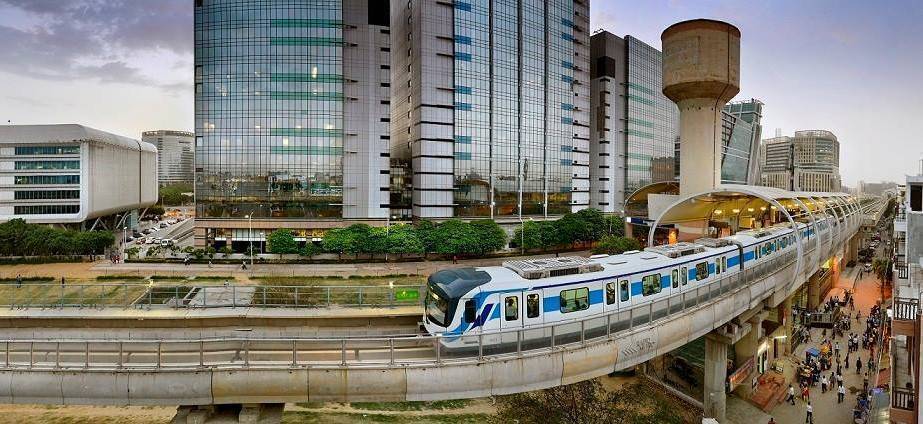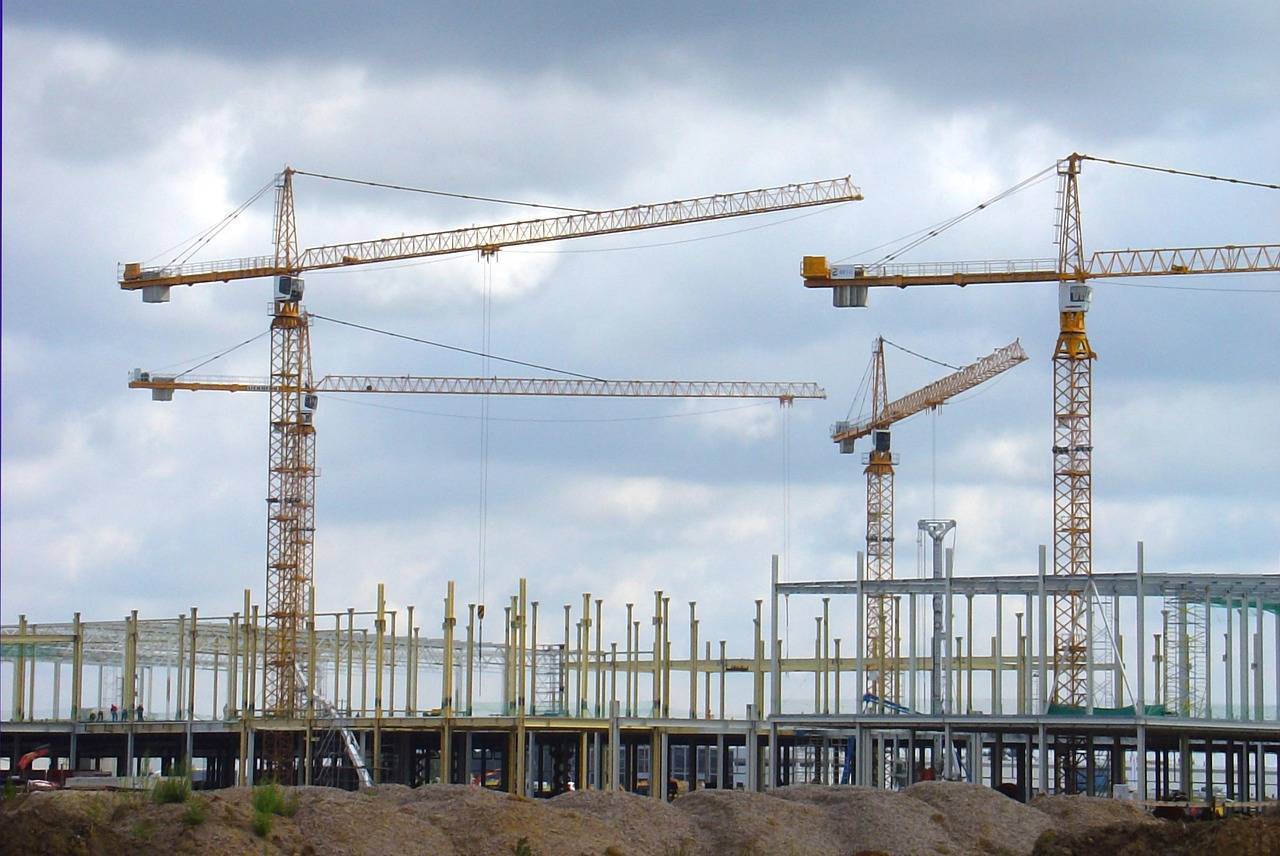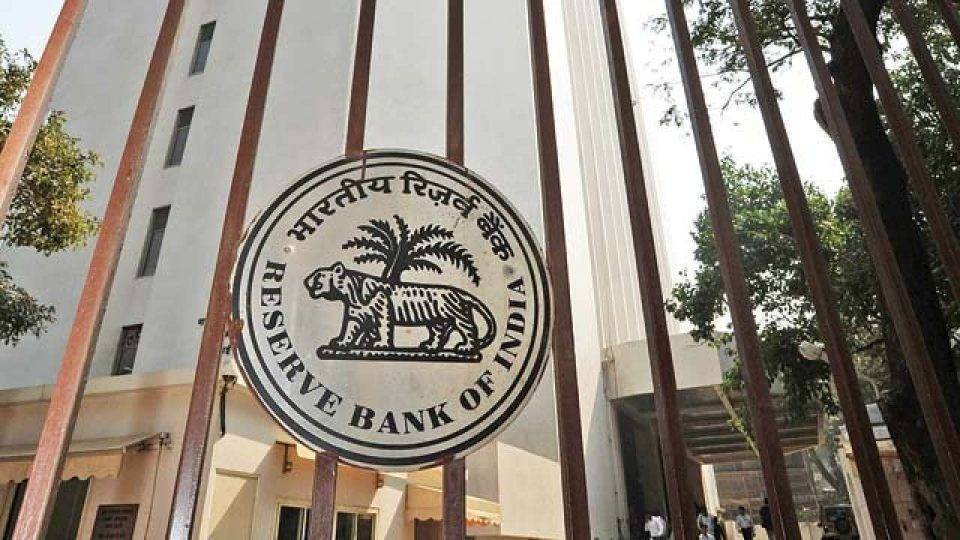The Union Ministry of Housing and Urban Affairs (MoHUA) has approved the extension of the Delhi Metro Yellow Line from Samaypur Badli to Sonipat via Narela. This expansion marks a significant step in enhancing connectivity across Delhi NCR and is expected to play a crucial role in the region’s infrastructure development.
The Yellow Line of the Delhi Metro currently spans 47.2 km, connecting Samaypur Badli in Delhi to Millennium City Centre in Gurugram. It features 37 stations, including multiple interchange points that improve access to other metro corridors within the National Capital Region (NCR). The newly approved extension to Sonipat will further strengthen metro accessibility, particularly benefiting areas on the northern periphery of Delhi.
The Delhi Metro Rail Corporation (DMRC) will initiate work on the Detailed Project Report (DPR) as part of the planning process for the extension. This extension will address the increasing demand for efficient public transportation in emerging urban centers, particularly with the ongoing growth of residential, commercial, and industrial sectors in Sonipat.
New Metro Corridor Details
The proposed metro extension includes a new corridor with 21 stations along a 26.5 km route. This line will pass through key localities such as Rithala, Rohini, Bawana, and Narela before reaching Nathupur. Additional stations at Rohini Sector 25, 26, and 31 are also part of the plan. This corridor will play a vital role in connecting rapidly expanding urban and suburban zones with the existing metro network.
Impact on Real Estate and Urban Development
Sonipat has been emerging as a key real estate hub due to its improving infrastructure and industrial expansion. With its proximity to Delhi, the city has witnessed significant investments in residential and commercial developments. The upcoming metro connectivity is expected to enhance this trend by offering better accessibility for commuters and businesses.
Infrastructure projects such as the Kundli-Manesar-Palwal (KMP) Expressway and the Delhi-Mumbai Industrial Corridor (DMIC) have already contributed to Sonipat’s transformation. The addition of metro services will further integrate the city with the NCR’s economic and transportation framework, making it an attractive destination for homebuyers, businesses, and investors.
The metro extension is expected to increase land values and drive demand for housing, particularly in the mid-segment and affordable categories. Many developers are already planning new projects in anticipation of increased interest from buyers. The shift towards integrated townships and gated communities will further define Sonipat’s urban landscape, catering to professionals and families seeking well-connected residential spaces.
Commercial development is also set to accelerate, with more office spaces, retail centers, and business hubs expected to emerge along the metro corridor. The improved connectivity will make Sonipat a viable option for companies looking to expand operations outside central Delhi, reducing congestion and operational costs while maintaining proximity to the capital.
Economic and Industrial Growth
Sonipat has been evolving into an industrial and logistics hub, supported by government initiatives and infrastructure upgrades. The presence of smart industrial parks and logistics centers, as part of the DMIC, has made it a favorable destination for businesses. The extension of the metro is expected to further facilitate workforce mobility and business expansion in the region.
The improved metro connectivity will directly benefit industrial clusters in Sonipat, allowing easier transportation of goods and labor. Small and medium enterprises (SMEs) operating in the manufacturing, warehousing, and logistics sectors will gain from better access to markets and supply chains. This is expected to drive job creation and economic activity in the region, strengthening Sonipat’s role as a major business hub in North India.
The city’s growing status as an education hub has also contributed to its urban development. Improved connectivity will benefit students and faculty members commuting to institutions in Sonipat and nearby areas. With several higher education institutions and research centers located in the city, metro access will provide a more convenient mode of transport for thousands of daily commuters.
The approval of the Yellow Line extension signifies a broader shift in urban planning and development for the NCR. The emphasis on enhancing public transportation aligns with the region’s long-term infrastructure strategy, aimed at reducing congestion and promoting sustainable urban expansion.
The planned metro corridor is expected to stimulate further investment in real estate and commercial projects. The combination of metro connectivity, expressway access, and industrial development is positioning Sonipat as a key player in the NCR’s economic landscape. As planning and construction progress, the extension is set to provide a long-term boost to mobility, urban growth, and economic activity in the region.









.png)